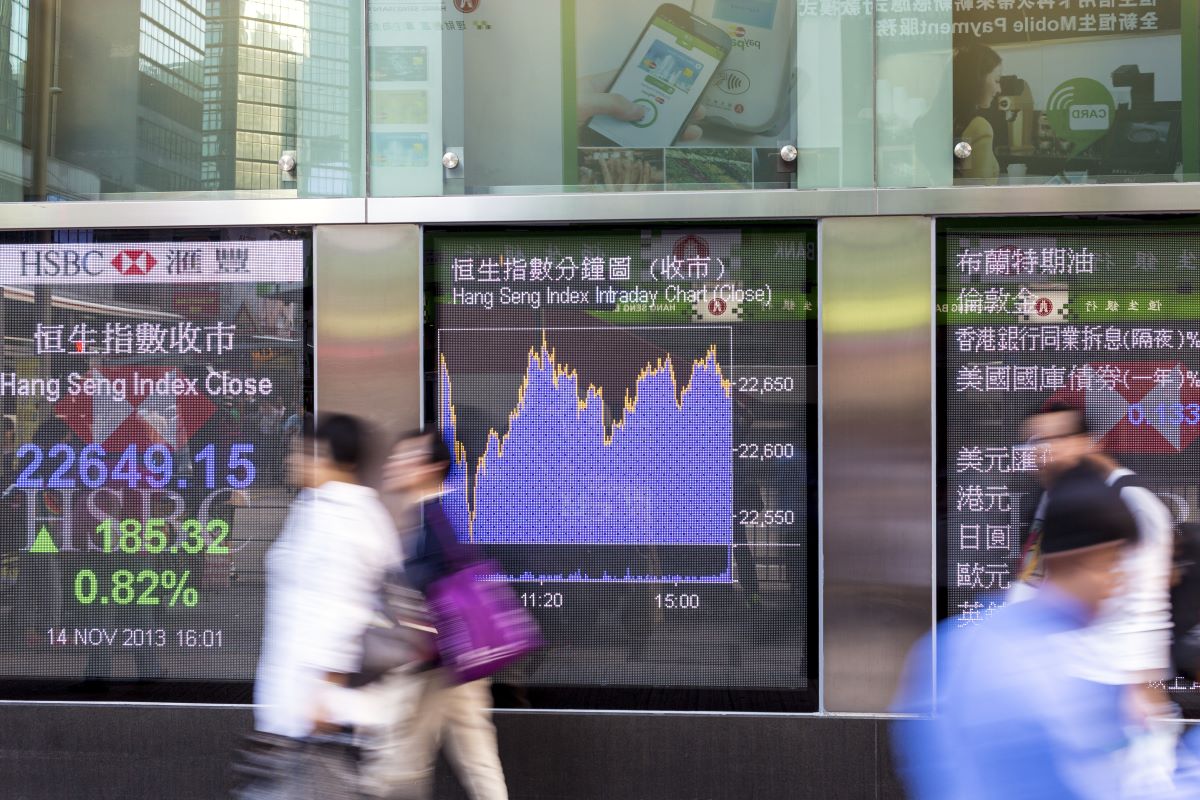Deteriorating sentiment on the nation’s economy and discontent over the government’s stimulus measures have led to a massive fund outflow from Chinese equities over the last few weeks. Reports from Hong Kong’s Stock Connect trading scheme indicate that offshore investors have sold Chinese securities worth 78 bn yuan (nearly $11 bn) in the first three weeks since August 7. Another report says over $500 mn has also been pulled out of China equities through ETFs, wherein China A-shares focused funds suffered the most.
Weak economic data and subdued consumer confidence cast a gloom
There were strong inflows into Chinese equities by June-July amid hopes that the government measures would shore up the economy. However, the sentiment overturned as August approached. According to analysts, this exodus of funds stems from concerns over a possible contagion due to the Chinese property sector slump. The debt crisis of prominent developers like Country Garden and Evergrande intensified investor concerns.
As a result of the government’s zero-Covid policy, the nation fell into deflation. Even though the economy was reopened earlier this year, there was already a deep erosion of business confidence and consumer sentiment. A slew of negative economic data such as lower-than-expected retail sales and industrial production in July, and a persistent gloom over the real estate sector has made global fund managers cautious.
Meanwhile, the Yuan dropped to a 16-year low versus the US Dollar, yesterday, amid economic woes. The currency declined in response to China’s export data indicating a drop for the fourth straight month.
Official data revealed that private companies’ investments in China declined for the first six months of 2023 even after Covid restrictions were relaxed. A tracker by the Peterson Institute for International Economics showed that the market capitalisation share of private-sector companies dropped to 39% as of end-June 2023 from its peak at 55% as of end-June 2021. Meanwhile, the state sector’s share expanded to more than 60%.
Schroders is not optimistic about China’s economy this year. The asset manager cautioned saying, “It seems that China will be driving with the handbrake on, and we do not anticipate a strong rebound in growth next year.” Schroders has slashed its forecast for growth this year from 6.5% to 4.8% and even for 2024, it only raised its forecast marginally from 4.3% to 4.5%.
Will Chinese equities continue to face weak sentiment?
The decline in sentiment is also evident from the stock market performance. CSI 300 Index, representing the top stocks in the Shanghai Stock Exchange and the Shenzhen Stock Exchange has declined nearly 7% over the past six months. At the same time, the Hang Seng Index plunged over 8% since the beginning of March 2023. The MSCI China Index is down 20% from its post-reopening peak.
The government has been taking steps to revive the capital markets. Recently, it imposed a cap on IPO listings to boost liquidity in the secondary market. Similarly, market watchers anticipate restrictions on equity investments by pension, insurance companies, and foreign investors could be lifted as a boost.
However, the long-term outlook doesn’t seem too bad. Some asset managers believe that the valuation of Chinese equities is quite attractive now. “We continue to believe that Chinese equity markets hold significant opportunities for active investing. We believe that high-quality companies with competitive advantages should deliver results in the long run as investors focus on a return to company fundamentals and cash flow generation,” opined UBS.
Echoing a similar sentiment, Robeco is optimistic about a pickup in corporate earnings of Chinese equities. Jie Lu, Head of Investments China at Robeco says, “The earnings trend has remained subdued, but an earnings revival would be a major catalyst for Chinese equity markets.”










 Australia
Australia China
China India
India Indonesia
Indonesia Japan
Japan Malaysia
Malaysia Philippines
Philippines Singapore
Singapore South Korea
South Korea Taiwan
Taiwan Thailand
Thailand Vietnam
Vietnam Germany
Germany Hong Kong
Hong Kong USA
USA Switzerland
Switzerland Singapore
Singapore
 United Kingdom
United Kingdom








